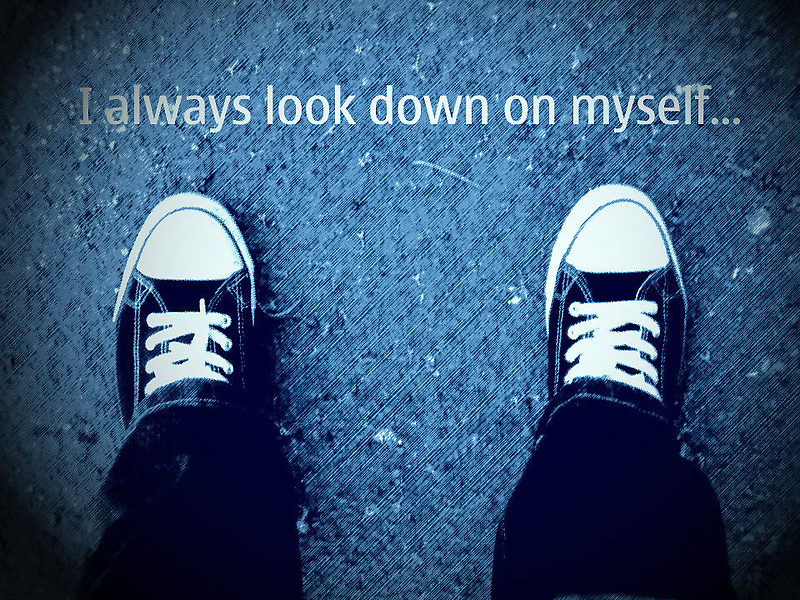This post is the second post on my blog series, Where Pounds and Inches Hurt the Most. Read the first post here.
A
middle-aged woman sits in my office. She is a successful professional, a
mother of three, and has struggled with weight issues since childhood.
She recalls being labeled the class “cootie” in fourth grade. Her face
is pained, her suffering palpable. Time has not worked its predicted
wonders in diminishing the hurt.
Adults
who were fat as children often continue to “feel fat” even when they
have no been in years. A “phantom fat”phenomenon may persist due to
wounds that have never healed. Writes attorney, Jennifer Coleman, “I
finally realized it didn’t matter what I did. I was and always would be
the object of sport, derision, antipathy, and hostility so long as I
stayed in my body. I immediately signed up for a body transplant, I’m
still waiting for a donor.”
It
is no coincidence that although there are no gender differences in
depression rates among boys and girls prior to the onset of puberty, by
age 15, girls are twice as likely to become depressed as their male
peers. The onset of eating disorders typically occurs in adolescence and
90-95% of those afflicted are female.
Self-esteem
for men is predominately determined by instrumentality and achievement.
For women, physical attractiveness is a much more salient component.
Contemporary women view their bodies more negatively than at any other
time in history. This phenomenon has been coined as “normative
discontent”. On average, women overestimate their body size by 25% and
are more likely than not to believe that they are fat even when they are
actually underweight. Daughters who perceive their mothers as being
critical of their bodies have particularly poor body images, engage in
stringent dieting, and are at greater risk for developing an eating
disorder.
Indeed,
large women are often self-incriminating and make jokes at their own
expense. Too often they are resigned to being second class citizens,
putting their lives on hold until they lose weight, considering any man
who might be interested in them to be a pervert, and shunning a variety
of social activities they may enjoy, because the risk of shame and
humiliation is too great.

Comments
Post a Comment